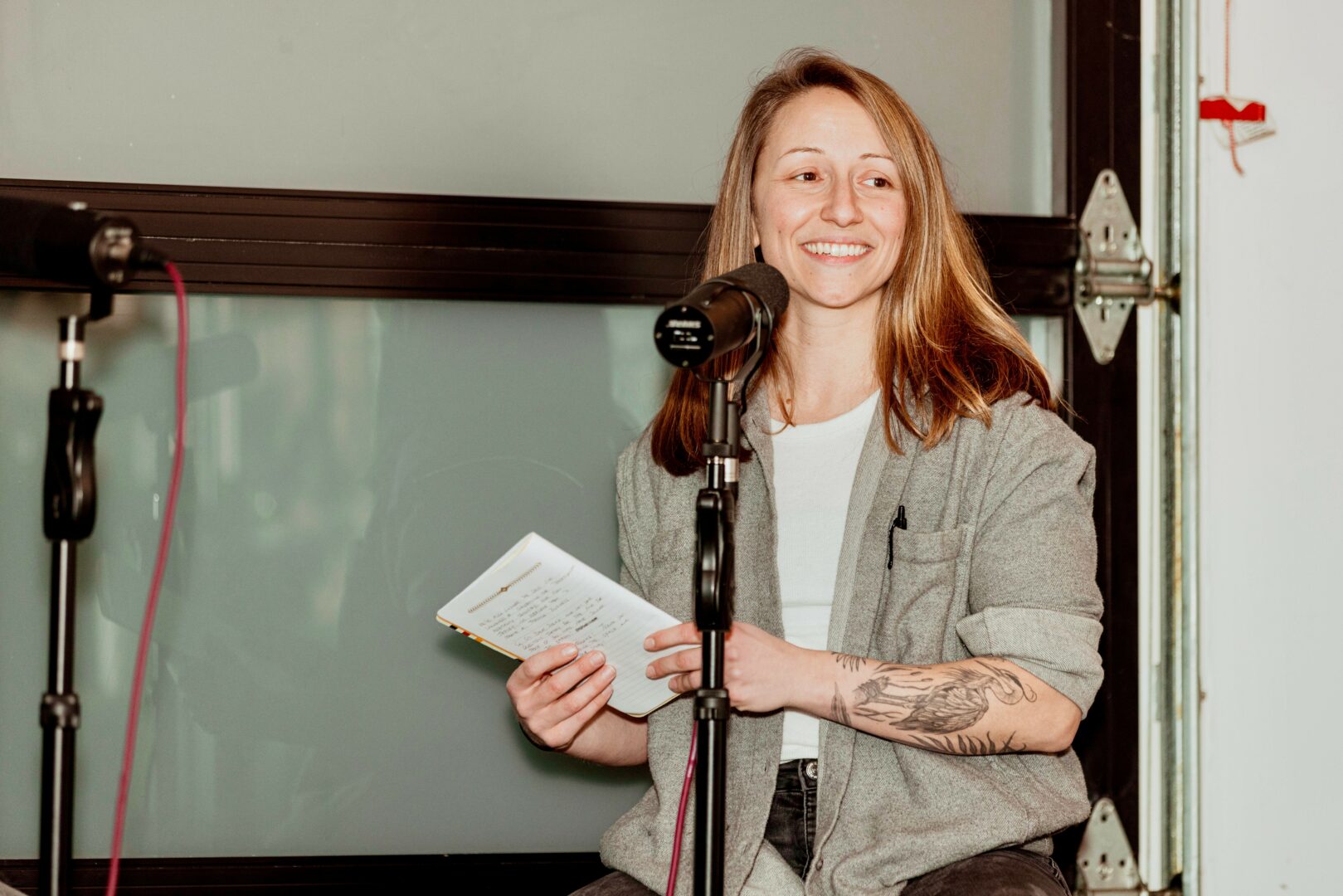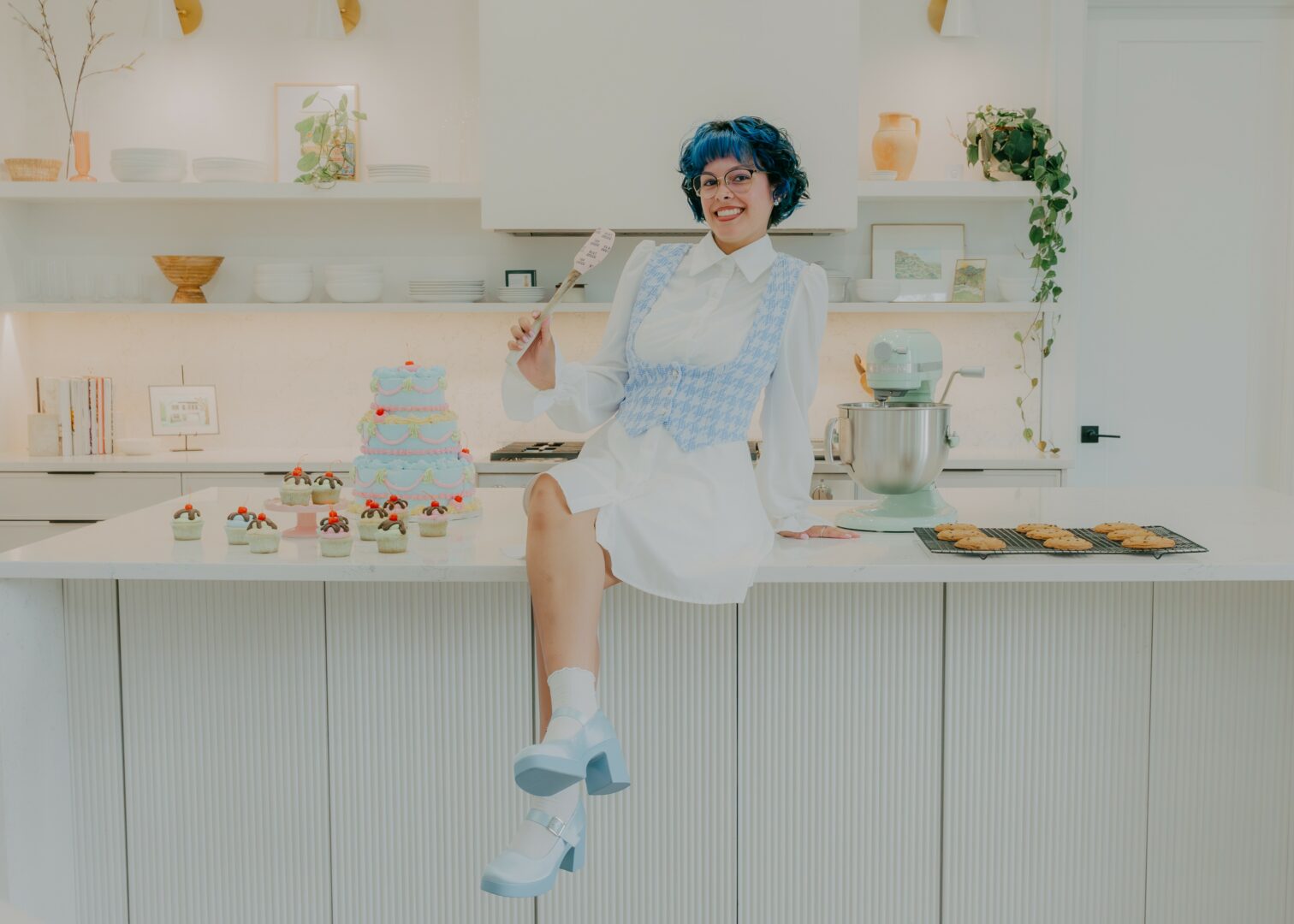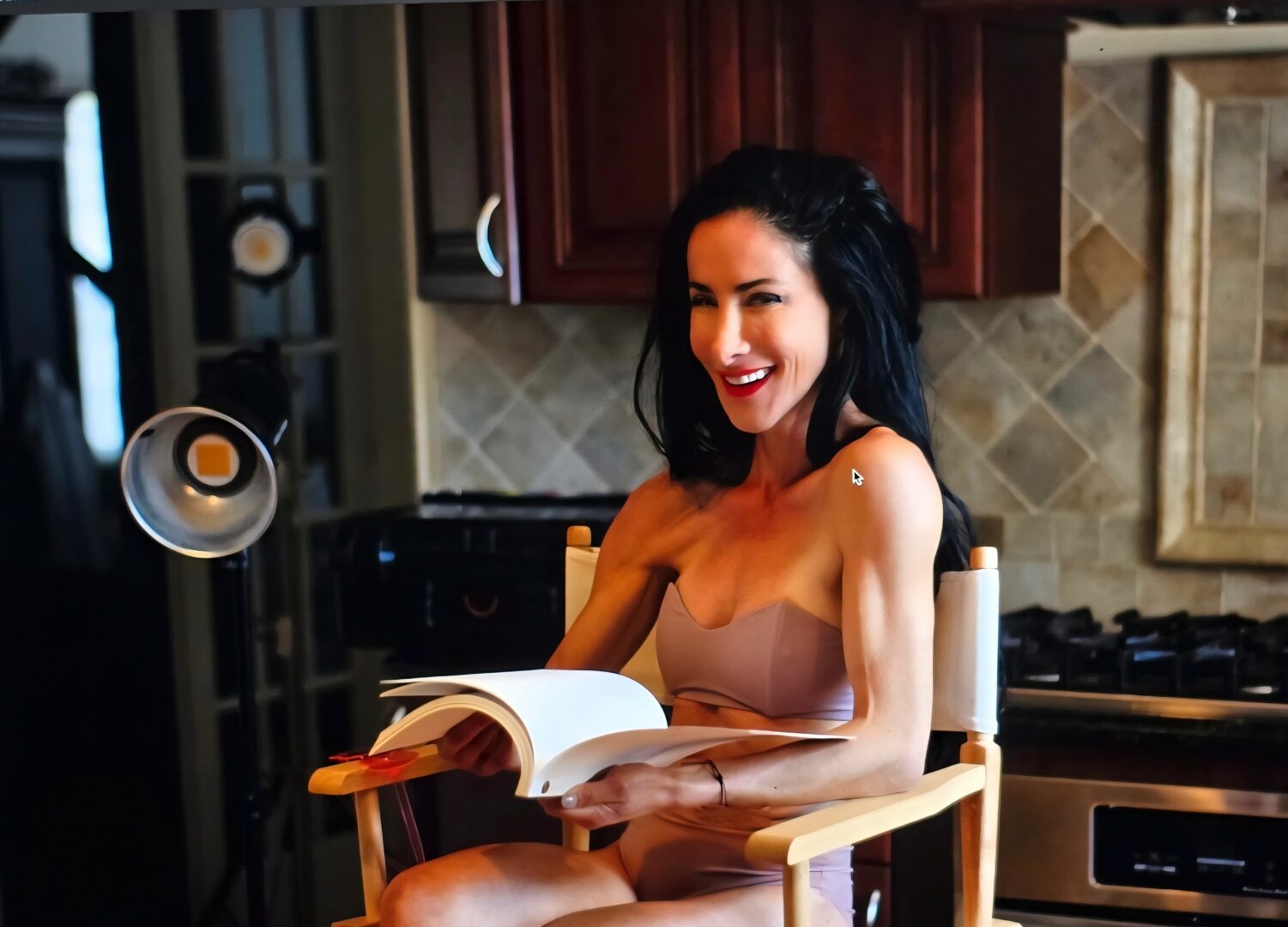We were lucky to catch up with Lindsey Lerner recently and have shared our conversation below.
Lindsey, so great to have you with us and we want to jump right into a really important question. In recent years, it’s become so clear that we’re living through a time where so many folks are lacking self-confidence and self-esteem. So, we’d love to hear about your journey and how you developed your self-confidence and self-esteem.
I learned early on that confidence isn’t something you achieve—it’s something you practice. At 15, I was shooting weddings and Bar Mitzvahs with just my camera and pure determination. Looking back, it’s wild that people trusted their most important moments to a teenager, but it taught me an invaluable lesson: when you show up prepared and genuine, people sense that authenticity, even if you’re secretly terrified.
That foundation of “just show up” carried me through launching Level Exchange, which started as a simple idea to connect local musicians with venues in Rhode Island. It grew into something bigger—a coworking and production space where artists could create, collaborate, and build their careers on their own terms. We produced hundreds of concerts, created content that made artists proud, and worked with local government to grow the nighttime economy. Each challenge pushed me to solve increasingly complex problems, proving that not having all the answers didn’t mean I couldn’t find them.
Now, as a partner and XIR at Generalist World, I’m helping build a global community for professionals who thrive in complexity and refuse to fit in boxes. Through our podcast, events, and practical tools, we’re creating space for generalists to do their best work without compromising who they are.
My friend Peter Harrison from our Generalist World community says something that really hits home: “I don’t have confidence; I have evidence.” Whether I’m living in a van, tour managing across continents, or diving into new industries, each experience adds to my evidence bank. When doubt creeps in (and it still does), I look at what I’ve already handled—sometimes just that morning—and remind myself: I’ve got this.
Here’s what I tell people still building their evidence collection: start small. Run tiny experiments that push you just slightly out of your comfort zone. Those small wins compound into something powerful. They’re the building blocks of both confidence and competence.
The biggest plot twist in my confidence journey? Realizing it’s not about eliminating doubt—it’s about making friends with it. I still practice every day: surrounding myself with people who get it, balancing humility with knowing my worth, and giving myself permission to take up space, even when I’m still figuring things out.
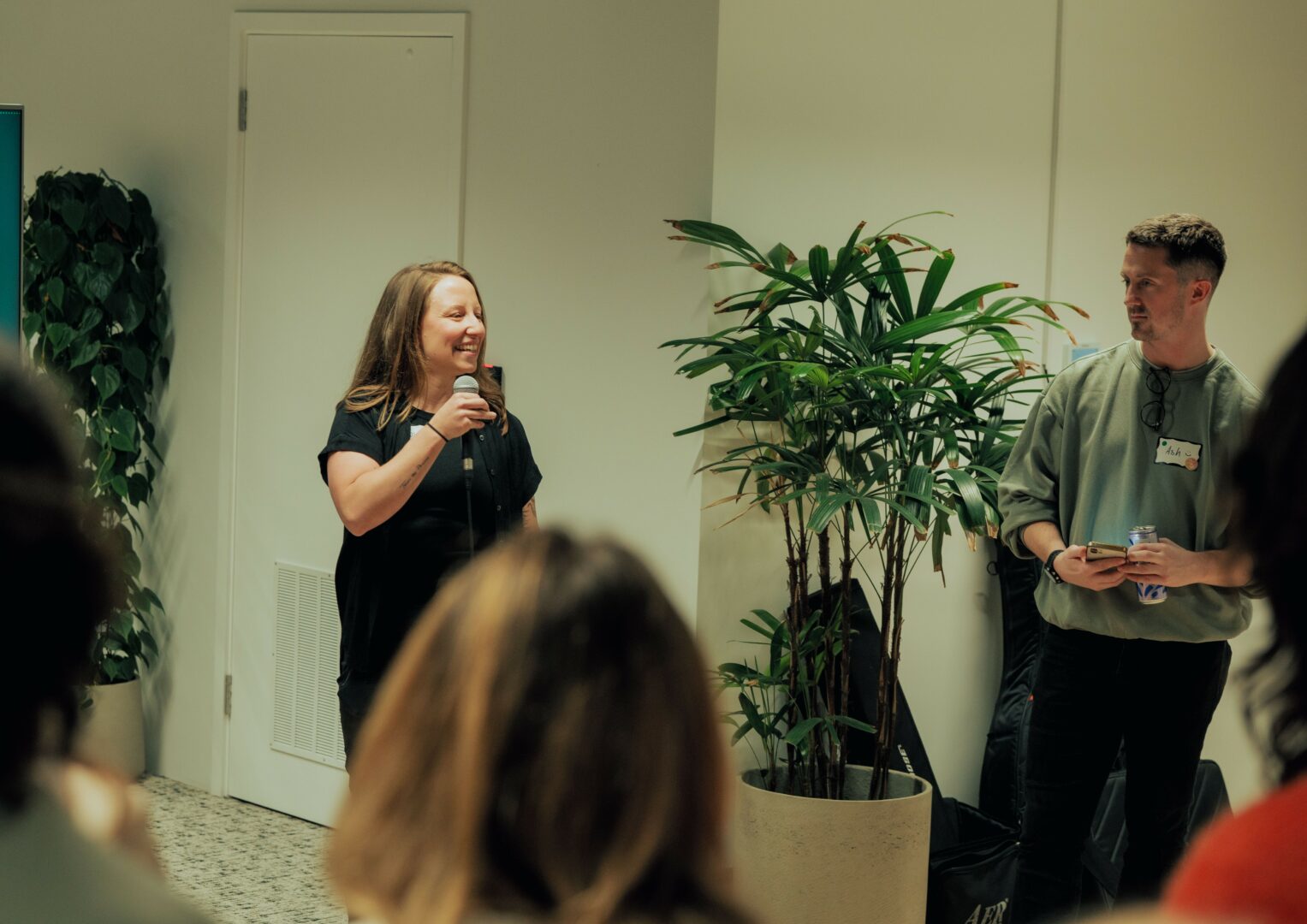
Let’s take a small detour – maybe you can share a bit about yourself before we dive back into some of the other questions we had for you?
I’m a Change Strategist and Community Builder, but let’s cut through the fancy titles—I’m the person people call when they’re stuck. Whether it’s CEOs needing fresh eyes, founders seeking new perspectives, or teams looking to turn chaos into clarity, I help people make work actually work for them. Think of me as part strategist, part translator, part cheerleader for the bold moves you know you need to make.
After a decade of building businesses, managing global projects, and navigating my own wonderfully weird career path, I’ve learned that getting stuck rarely comes from a lack of vision—it’s about getting tangled in the details. Here’s what I know for sure:
When we strip away the noise, clarity isn’t just possible—it’s inevitable
The best solutions are often hiding in plain sight
Your gut instincts are probably right (and yes, you should listen to them)
I’ve lived this journey firsthand. Take Level Exchange, my venture to shake up the music industry. What started as an online platform connecting local musicians with venues evolved into New England’s first content creation incubator. We built a coworking and production space where artists could create, collaborate, and actually make a living from their craft. While the business eventually closed, it taught me invaluable lessons about turning “impossible” into “done” and rallying people around a shared vision—even when the path isn’t clear.
One of my favorite stories started with a flooded inbox. I was relentlessly emailing a music industry veteran (okay, maybe I was borderline stalking him), and months later, he finally called—not to hire me, but to ask “what the hell do you want?” That conversation led to mentorship, managing national tours, and eventually building a career I couldn’t have dreamed up if I tried. It taught me that persistence isn’t just about showing up—it’s about showing up ready to prove your worth.
Today, I’m channeling these experiences into my work with Generalist World, where we’re building a global community for multi-skilled professionals who refuse to fit in boxes. We just launched Unboxed, a program that helps people transform their diverse skills from a “confusing resume” into their biggest career advantage. Later this year, we’re hosting our first international offsite, bringing our worldwide community together to collaborate and create in person. It’s all about helping people find clarity in their chaos and build careers that actually light them up.
When I’m not strategizing or community building, you’ll find me on road trips with no destination, capturing life through my camera lens, hunting for the perfect cup of coffee, or sharing stories from stages around the world. These adventures aren’t just fun—they’re fuel for everything I do, keeping me curious, grounded, and connected to what matters.
If you’re ready to get unstuck and make bold moves but need a strategic partner-in-crime, let’s talk. Whether you need fresh eyes on your strategy, new ideas for old problems, or just someone to help you trust your gut—I’m here to help you turn those “what ifs” into “what’s next.”
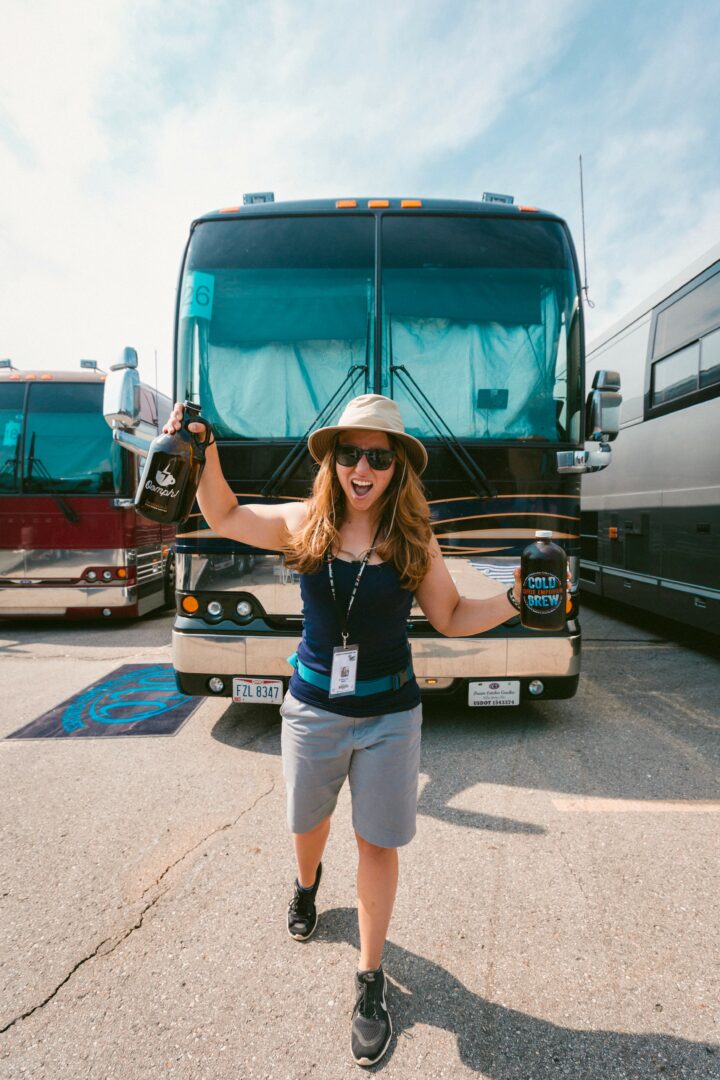
Looking back, what do you think were the three qualities, skills, or areas of knowledge that were most impactful in your journey? What advice do you have for folks who are early in their journey in terms of how they can best develop or improve on these?
Looking back, I’d say the three most impactful qualities in my journey have been resourcefulness, empathy, and a willingness to take risks. These weren’t superpowers I was born with—they were muscles I built through countless moments of showing up, stumbling forward, and learning as I went.
1. Resourcefulness
Early on, I figured out that success isn’t about knowing everything—it’s about being relentless in finding answers. When I launched Level Exchange, nobody had written the playbook for creating a music-focused coworking space or convincing local governments to invest in artists. I learned to turn “I don’t know” into “I’ll figure it out,” whether that meant cold-calling industry veterans, diving deep into city regulations, or testing ideas until something worked. Resourcefulness became my secret weapon—not because I had all the tools, but because I refused to let their absence stop me.
Advice: Start with what’s in front of you. Take on projects that force you to get creative with limited resources. Maybe it’s organizing an event on a shoestring budget or finding unconventional solutions to everyday problems. Each time you turn “impossible” into “done,” you’re building that muscle. And remember—asking for help isn’t a backup plan, it’s a strategy.
2. Empathy
Every breakthrough I’ve had—whether building communities, leading teams, or advising leaders—has been rooted in empathy. It started during my college photography projects, where I spent time with homeless veterans who shared their stories with me. Those conversations taught me that real empathy isn’t just about feeling for others—it’s about truly seeing them. This understanding has shaped everything since, from working with musicians who felt invisible in their industry to helping leaders reconnect with their teams’ needs.
Advice: Make listening your superpower. Not the nodding-along kind, but the type where you’re fully present and curious. Seek out perspectives different from your own. Volunteer in communities outside your comfort zone. The deeper you can understand others’ experiences, the more meaningful your impact will be.
3. Willingness to Take Risks
Some of my biggest wins came from moments that terrified me—like flooding that music manager’s inbox until he finally called (spoiler: he wasn’t happy, but it led to incredible opportunities), or starting businesses in industries I barely understood. I’ve learned that taking risks isn’t about being fearless; it’s about making peace with uncertainty and trusting yourself to handle whatever comes next.
Advice: Think of risk-taking like building a portfolio—start small and diversify. Take that speaking opportunity that makes your stomach flip. Pitch that wild idea in your next meeting. Apply for that role you’re not quite qualified for. Each risk you take, regardless of the outcome, builds evidence that you can handle more than you think.
For anyone starting out, here’s the truth: you don’t need a perfect plan. You need experiments. Lots of them. Small ones, weird ones, ones that might not work—they all count. Create opportunities to test your ideas and build your confidence. Launch that side project. Send that email. Take that class that has nothing to do with your current job but everything to do with where you want to go.
Most importantly, build your support system. Find the people who get it—who understand that you’re not just looking for a job, but building a life that lights you up. These are the folks who’ll remind you of your magic when you forget, push you when you need it, and celebrate every win, no matter how small.
Remember that this journey isn’t about being fearless—it’s about acknowledging your fear, nodding at it respectfully, and moving forward anyway. You’ve got more capability than you realize, and every day is a chance to prove it to yourself.
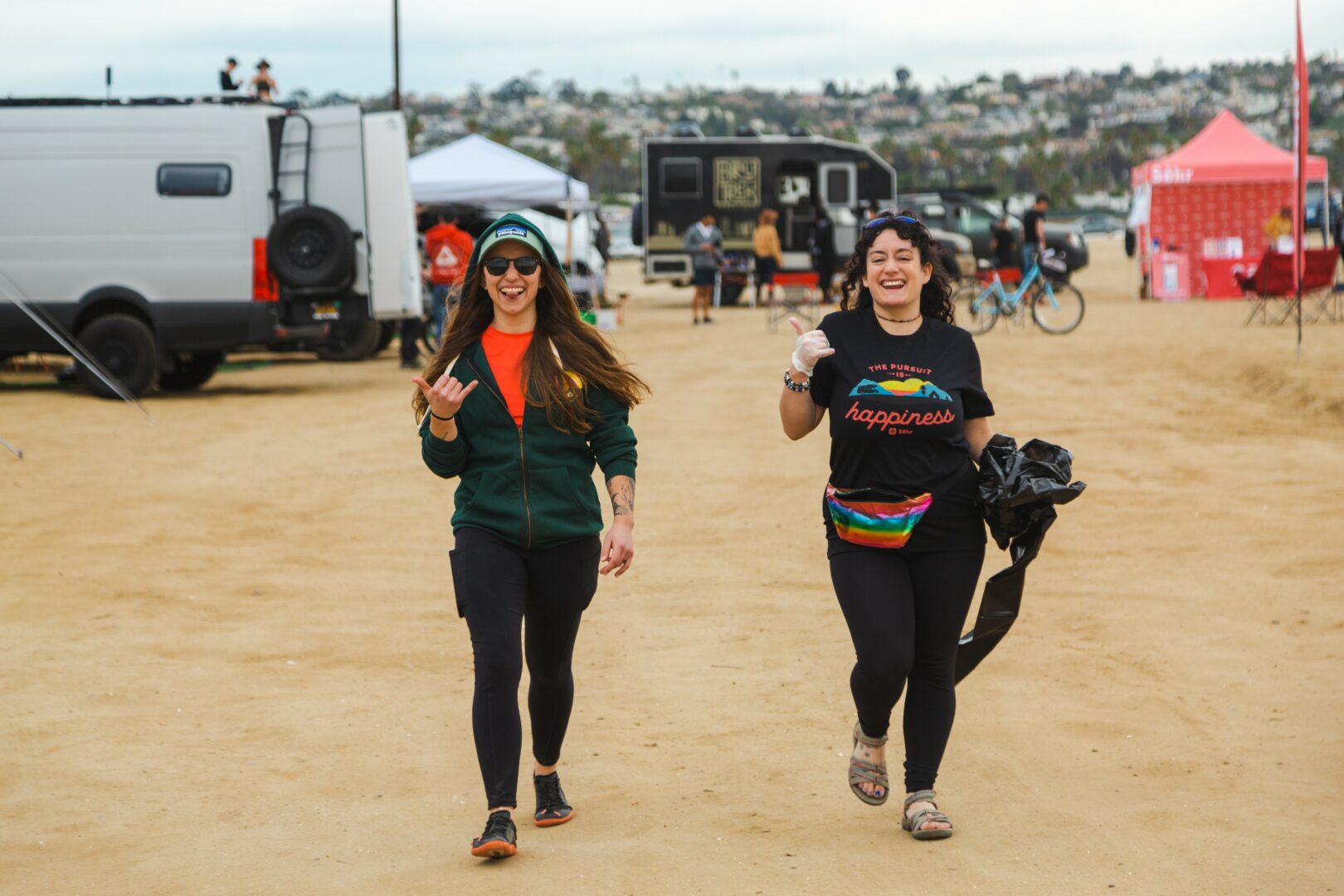
Before we go, any advice you can share with people who are feeling overwhelmed?
When I feel overwhelmed—which happens plenty as someone with ADHD—I remind myself that it’s not a sign of failure. Overwhelm is usually a sign that my brain is juggling too much at once, and I need to pause and recalibrate. Over the years, I’ve honed a few strategies that help me reset, focus, and move forward:
1. Brain Dump Everything
When my brain feels cluttered, I grab a notebook or open a document and write everything down—every task, worry, or idea taking up mental space. I don’t worry about making it neat or structured; the goal is to get it all out. Once it’s in front of me, I can sort through it, prioritize what’s urgent or important, and let go of the rest.
Tip: If writing feels slow, record a voice memo or video to capture your thoughts. The act of externalizing your mental to-do list is often enough to create relief.
2. Create Momentum Through Small Wins
When everything feels overwhelming, I focus on one small, achievable task to create momentum. It might be answering one email, organizing my desk, or taking a few deep breaths. That sense of progress—no matter how small—often makes the bigger picture feel more manageable.
Tip: Use the “two-minute rule”—if something takes less than two minutes, do it immediately. It’s an easy way to knock out small tasks and build a sense of accomplishment.
3. Move to Reset
When overwhelm builds up, getting into my body helps clear my mind. It might be a walk outside, stretching, or even just standing up and shaking out the tension. Movement acts as a reset button, shifting my focus and energy.
Tip: Find a movement you actually enjoy—it doesn’t have to be formal exercise. Dancing to your favorite song, pacing while thinking, or even taking a walk around the block can do wonders.
4. Simplify the Big Picture
Sometimes overwhelm is the result of overcomplicating things. I remind myself that the best solutions are often the simplest. When I strip away the noise and focus on what really matters, clarity naturally follows. It’s about asking, What’s the one thing I can do right now that will move the needle the most?
Tip: Try this quick reflection: If I had to stop working in five minutes, what’s the one thing I’d want to get done? It’s a great way to refocus on what truly matters.
5. Give Yourself Grace
This one took time to learn, but it’s been a game-changer. Overwhelm is part of being human, and fighting it only makes it worse. When I stop judging myself for feeling stuck and approach it with curiosity instead, it’s easier to find solutions. Compassion is a powerful antidote to overwhelm.
Tip: Treat yourself like you’d treat a friend—acknowledge what’s hard, remind yourself you’re doing your best, and take it one step at a time.
Ultimately, I’ve learned that overwhelm doesn’t need to derail me. By creating space for clarity, leaning on small wins, and allowing myself to rest when needed, I can keep moving forward—even when things feel messy. Overwhelm isn’t the end of the road; it’s just a sign to pause, recalibrate, and take the next step.
Contact Info:
- Website: https://www.lindseylerner.com/
- Instagram: https://www.instagram.com/lindseylerner/
- Linkedin: https://www.linkedin.com/in/lindseylexlerner/
- Youtube: https://www.youtube.com/@LindseyLerner
- Other: https://www.generalist.world/
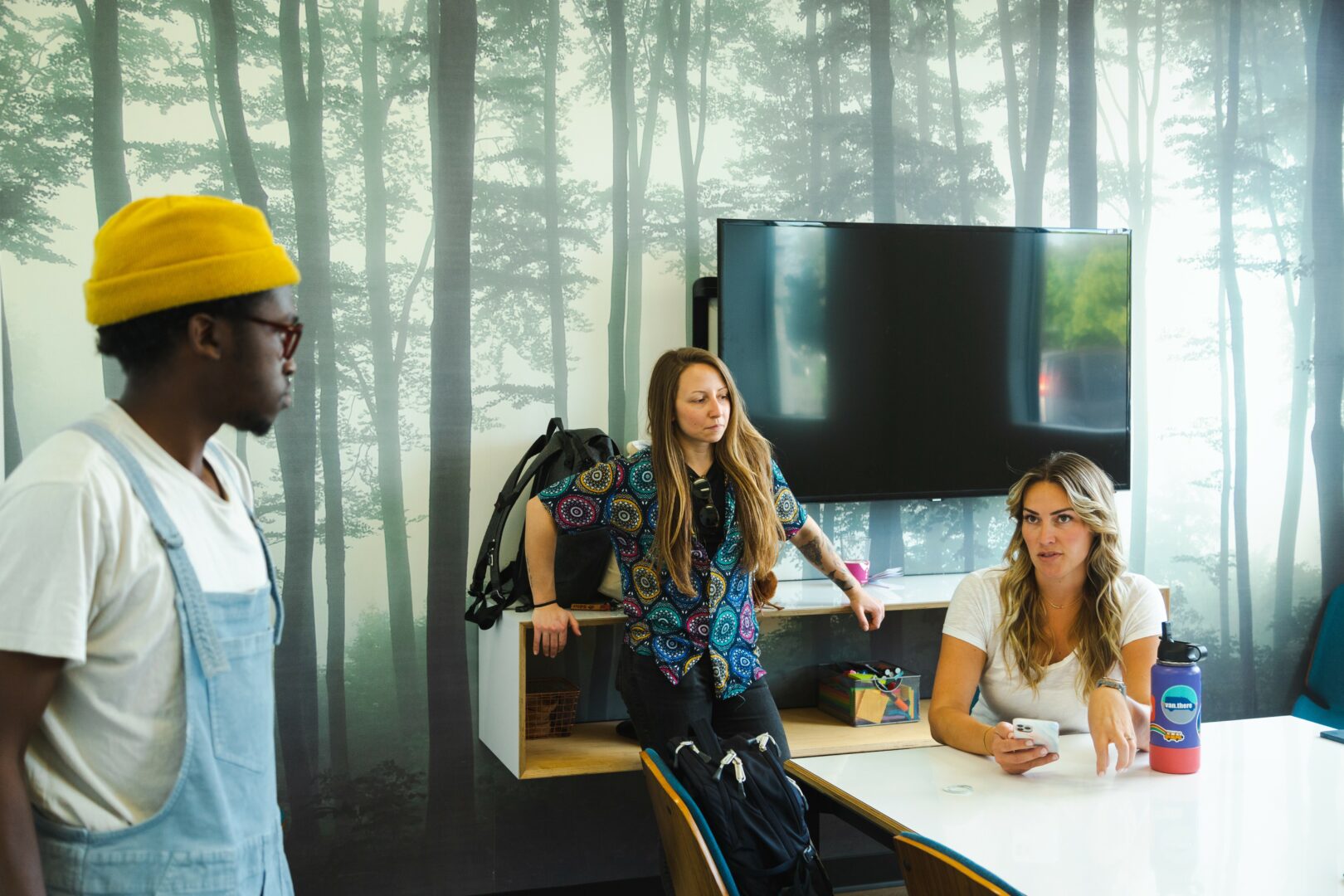
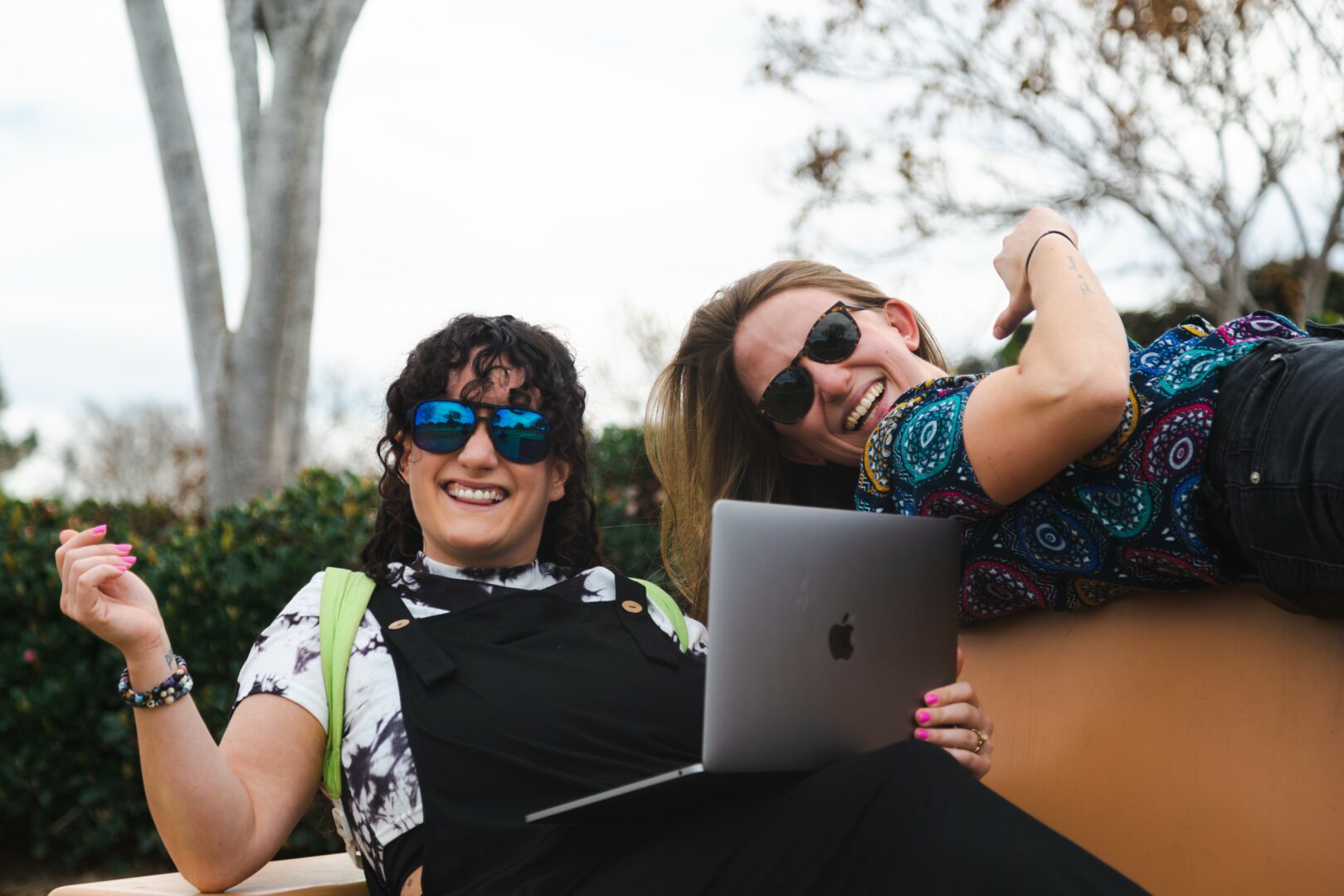
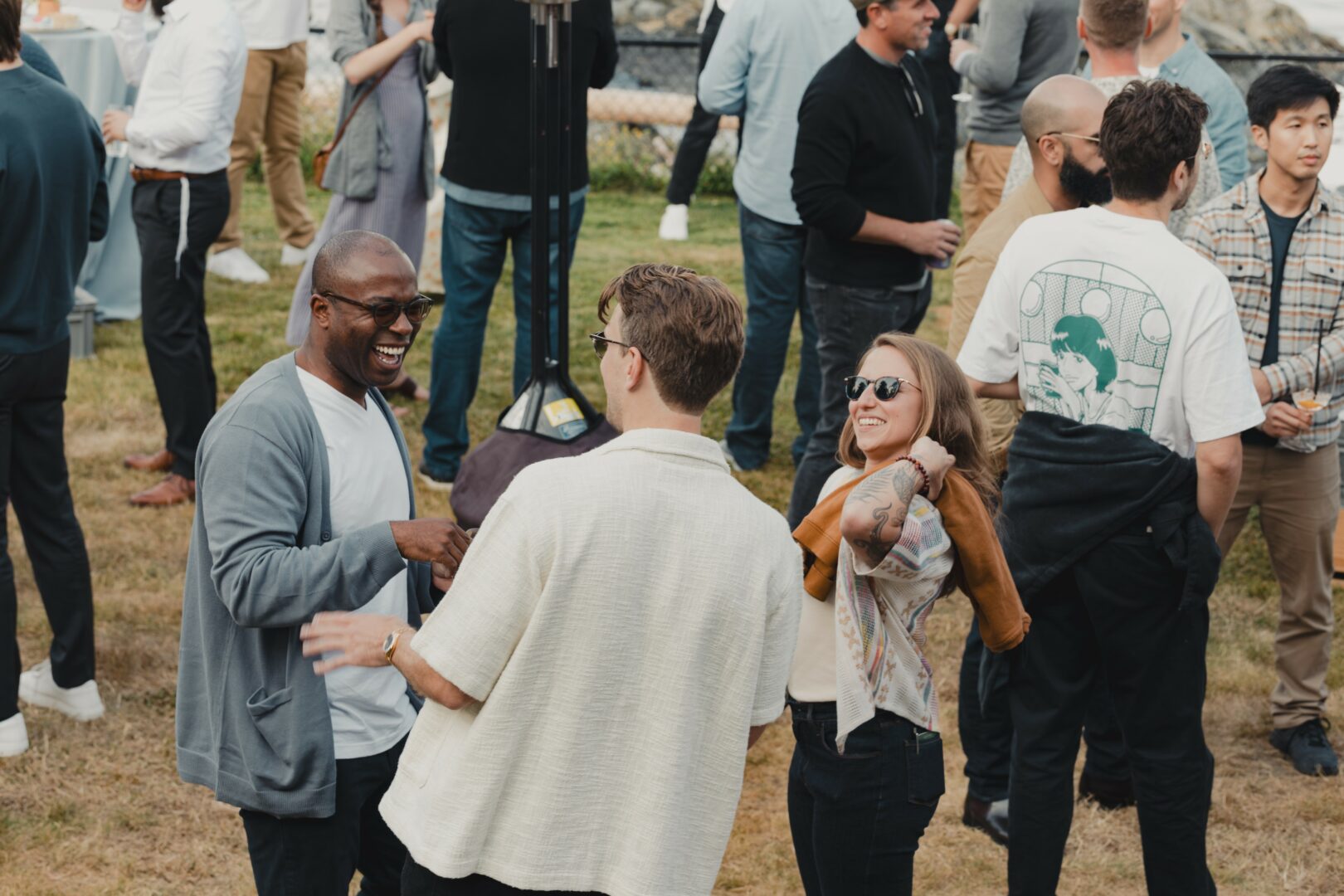
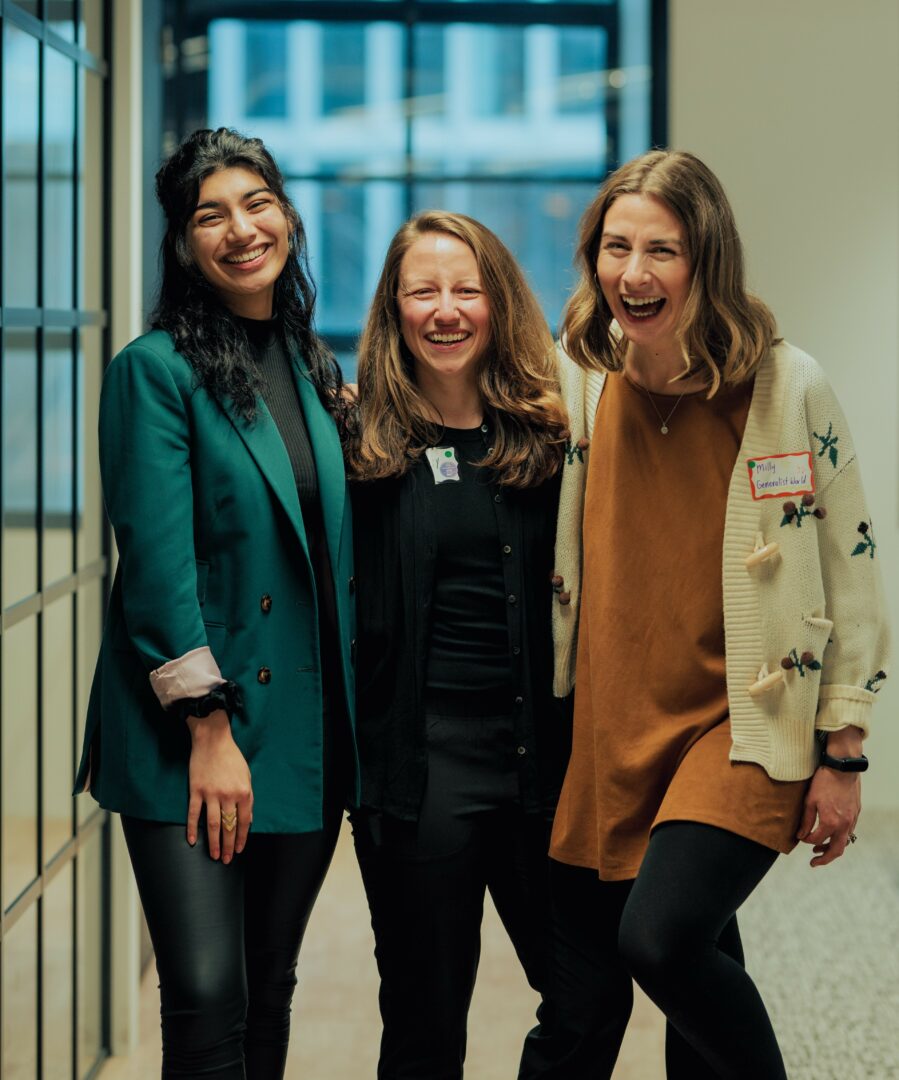
so if you or someone you know deserves recognition please let us know here.

